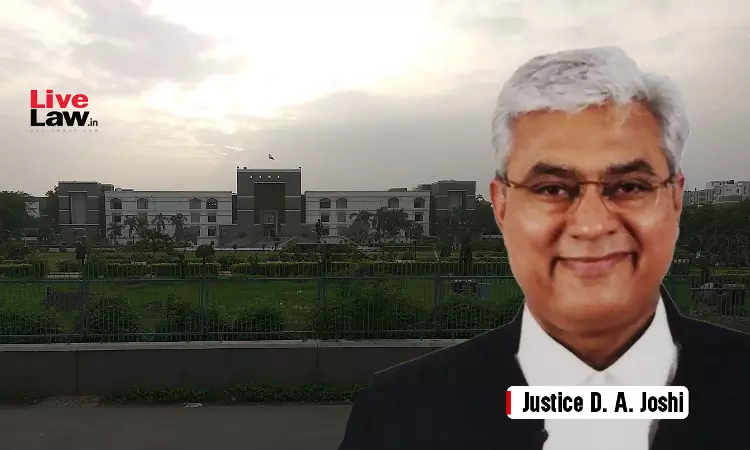The Gujarat High Court has held that that merely asking an individual to retract their statement by filing another affidavit cannot be considered as instigating, inciting, or provoking the deceased to commit suicide.Justice Divyesh A Joshi observed, “Merely the accused asked the deceased to retract his version by filing another affidavit, would not in any manner be considered as an act...

